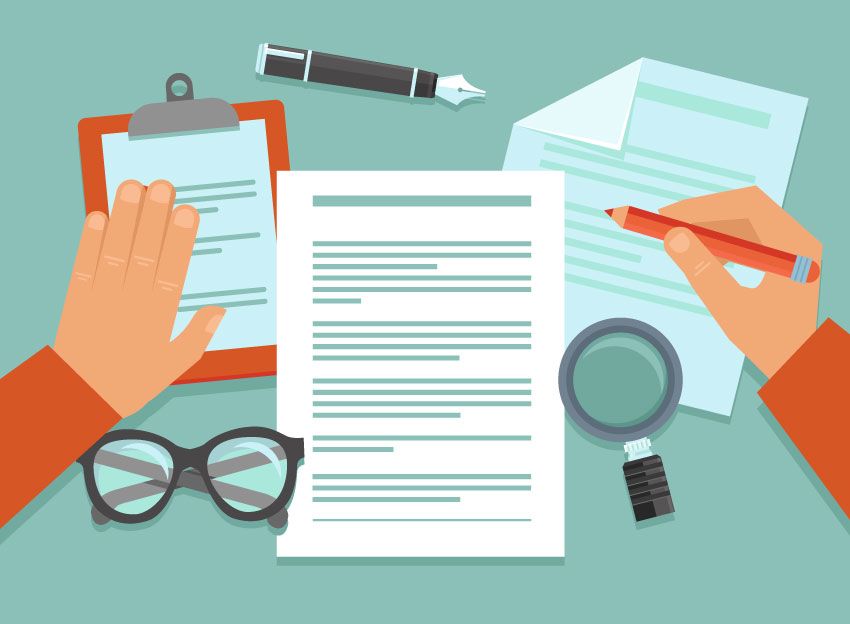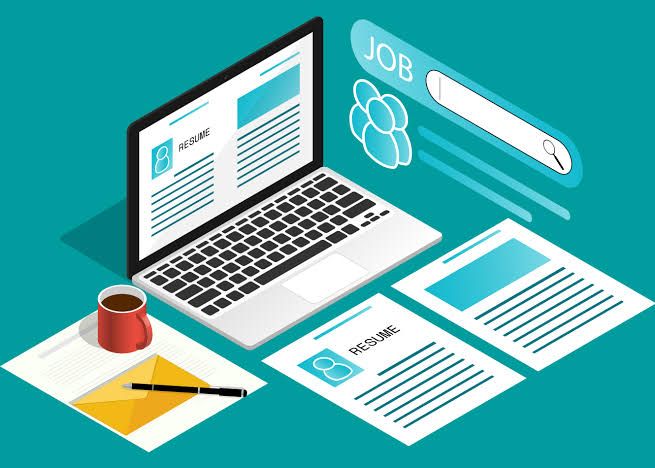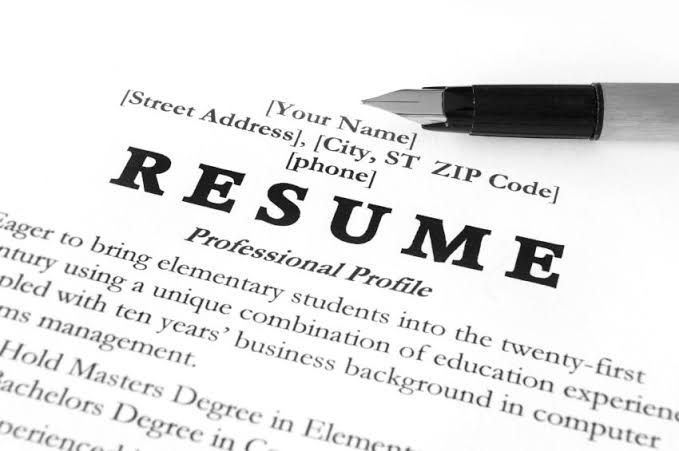How To Write A Resume
Jun 13, 2019 • 37 views
1. ONE PAGE Maximum
Imagine yourself as someone who has to read dozens and hundreds of resumes every day. Would you read the thing to its entirety? No. You would scan it to get the gist of the resume. Make your resume short and eye catching. Never go beyond a page.

2. Be concise
This should be obvious from my previous comment, but try to be as straight-forward as possible. Never try to use more words than required. Keep your sentences short and easy to understand but use a respectable language.
3. Make sure it’s readable
Do not make the font size smaller than 12 as it gets difficult to read and hence, discarded. Remember, use an easy to read font (something without serifs, if possible). Calibri, Arial are all good and Times New Roman is acceptable as well. Steer clear from Comic Sans and other flowery fonts.
4. SPELL CHECK. GRAMMAR Check
Make sure your spellings are correct and your grammar on point. Make someone else read and check it to ensure that there are no mistakes.

5. It’s okay to have more than one resume
If you're applying for more than one kind of jobs then you should have different resumes for them. Just pay attention to what kind of information you are putting in them. If you're applying as a software developer, your school science projects achievement do not belong in your resume, but if you're applying for a teaching post, include it.
6. Don’t worry about references on your resume
References are listed on the application anyway so don't bother wasting space for them on your resume. Have a document ready though which has the contact information of all your references.
7. Objectives are unnecessary and antiquated
Yes, the word template has it still but please, remove it. Its not necessary and serves no purpose to you or the employer.
8. List your most relevant positions first
Do not list all your work experience. List the work that has relevance with the job you're applying for. Your employer should get to know immediately how you're well qualified for the job. If they see a whole bunch of things that has nothing to do with the job, they’re not going to bother reading everything else.

9. What are your other skills?
If you have great communication skills or can manage a team well or have a creative mindset or maybe you can speak multiple language, whatever your extra skills are, put them in the resume according to the needs of your job and yourself.
10. Put your good deeds as well
Have you volunteered? Worked for an NGO? Have an achievement in sports or any other art? Include that too so to make an impression on the reviewer.
